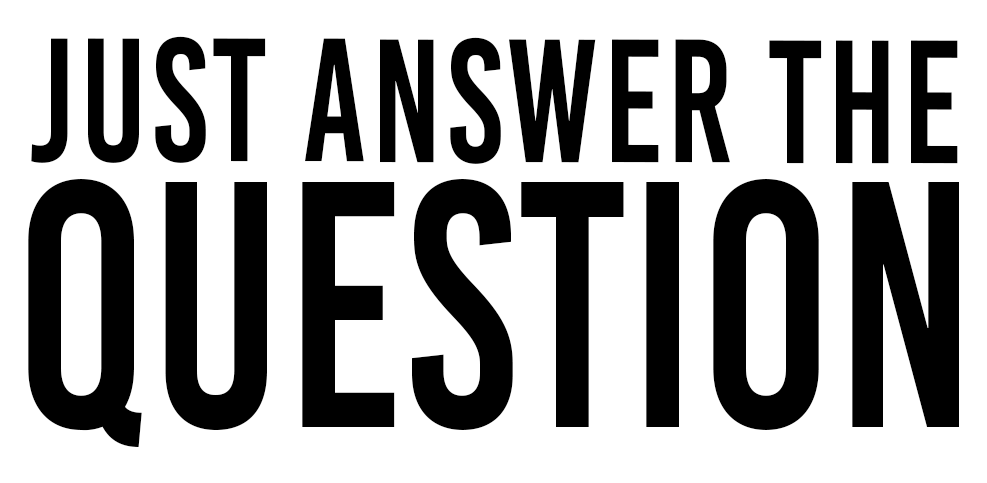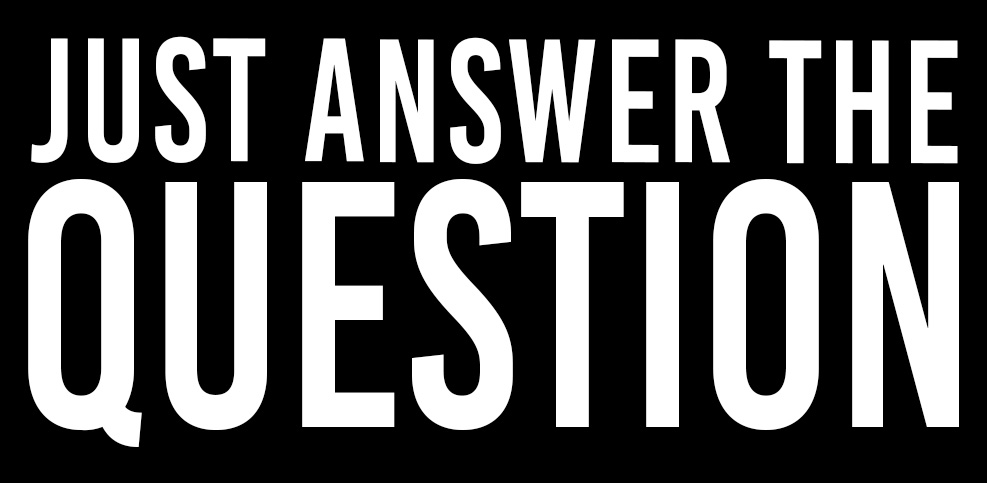The Questions
What are the Questions and Why are we asking them?
-
Do you agree that the police should stop placing persons on ‘hate’ registers who have committed no crime?
The College of Policing has provided all UK police forces with Hate Crime Operational Guidance. This recommends the setting up of databases of persons who have not been charged with any offence but whose comments are ‘perceived, by the victim or any other person, to be motivated by a hostility, or prejudice’ based upon a ‘protected characteristic’ relating to ethnicity, religion, sex, sexual orientation, disability of transgender status. This document states: ‘The victim does not have to justify or provide evidence of their belief, and police officers or staff should not directly challenge this perception. Evidence of hostility is not required.’
Approximately 120,000 such ‘Non Crime Hate Incidents’ (NCHI) have been recorded, many against individuals who have challenged the idea that biological males should not be defined as women.
The police can choose to reveal to prospective employers and others if an individual has been recorded on this database. A judge commenting in a case relating to the use of NCHIs compared the practice to that of the ‘Cheka, Gestapo or Stasi’. This is having a chilling effect on free speech with citizens fearful of a visit from the police for expressing themselves.
-
Do you agree that parents and psychotherapists should be free to advise young persons and others *not* to change sex/gender?
The Labour party, like the SNP, is committed to introducing a ‘no loopholes’ law that would make so-called ‘LGBT+ conversion therapy’ illegal
Under this proposed law, it would be a criminal offence to do anything other than affirm the stated intention of a person to change their sex/gender.
This could result in parents, psychotherapists and others being criminally prosecuted for advising their children and patients in consenting conversations not to undergo intrusive, life-changing medical surgery designed to give them more the appearance of being a member of the opposite sex.
It would also criminalise providing advice against identifying as a member of the opposite sex/gender.
No matter what your stance on gender ideology this proposed new law represents a major threat to freedom of speech: it takes the government into the family home and onto the psychotherapist’s couch.
-
Do you believe that it is wrong for teachers to tell school kids that Britain is a ‘structurally racist' society?
Many education authorities and schools are now instructing teachers and pupils - as a matter of fact - that Britain is a ‘white supremacist’ society.
This is an ideology called ‘Critical Race Theory’ (CRT) that is controversial and contested. CRT is accompanied by the claim that white people in our society, by definition, enjoy race-based ‘privilege’ and ‘supremacy’.
White people, allegedly, possess ‘unconscious bias’ against people of colour. Racism, according to groups like BLM, is not constituted by empirically verifiable acts of discrimination carried by some individuals against others because of their ethnicity. Rather, it is said to be socially ‘systemic’.
Such a perspective is controversial as it is not sustained by any evidence and serves only to vilify some people on the basis of a group identity they have been assigned by those advancing CRT.
Schools should, when dealing with controversial political issues such as racism, provide a balanced account and, in this case, also communicate the traditionally liberal understanding of racism.
-
Do you agree that an official state definition of 'Islamophobia' will curtail our right to be critical of a religion?
In 2008 the Labour government rightly repealed the Blasphemy Act that curtailed the right to insult Christianity. This was followed in Scotland in 2022 by the SNP.
However, now there is speculation that a new backdoor blasphemy law will be introduced that could lead to the prosecution of those who robustly criticise Islam as a religion.
In 2018 the All-Party Parliamentary Group on British Muslims adopted a definition of ‘Islamophobia’ that sought to conflate negative opinions about this faith with an attack on Muslims per se. This definition claims that so-called Islamophobia is ‘rooted in racism’ and is a ‘type of racism that targets expressions of Muslimness or perceived Muslimness’.
Labour, the Scottish Conservatives, Lib Dems, Plaid Cymru, the SNP and the Greens have all adopted it. So have numerous local councils run by all the main political parties.
There is speculation that Labour will introduce this definition into its new proposed Hate Crime and Public Order (England and Wales) Act and Race Equality Act.
In a free society, the state should not seek to limit what can be expressed concerning any religion whatsoever. An indication of what is to come in this regard was given when the shadow home secretary, Yvette Cooper, promised to get the police to record all incidents of Islamophobia, as well as antisemitism, as Non Crime Hate Incidents.
-
Do you agree that everyone should have the freedom to speak their mind which includes the right to offend and hold controversial views?
The state is encroaching into the area of free speech between individuals. Legislation, heavy handed policing of supposed ‘hate crimes’ and informal speech codes in schools and institutions is all having a chilling effect on what you can say freely and what you can believe on controversial topics.
If a candidate answers YES to this question we will review past voting record, public statements or support for organisations such as Black Lives Matter that point to a contradiction.
Too many politicians will claim to be free speech advocates but act in ways that actively undermine it.

